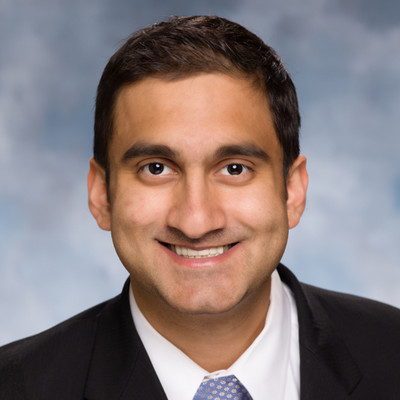- Video Library
- Neal Patel, Endoluxe - Wireless Endoscopic Video Imaging | LSI USA '24
Neal Patel, Endoluxe - Wireless Endoscopic Video Imaging | LSI USA '24
shaping the future of
Medtech at LSI USA ‘26
Waldorf Astoria, Monarch Beach

Neal Patel
Experienced Urologist skilled in Robotic Surgery, Medical Devices, Oncology, Stone Disease, BPH, OAB, Men's Health, Organizational Leadership, and Healthcare Information Technology (HIT). Strong research professional with a MD focused in Medicine from Chicago Medical School. Urologic Residency from Robert Wood Johnson Medical School, New Brunswick NJ and fellowship training in Advanced Robotics and Laparoscopic Surgery at USC Institute of Urology.
Neal Patel
Experienced Urologist skilled in Robotic Surgery, Medical Devices, Oncology, Stone Disease, BPH, OAB, Men's Health, Organizational Leadership, and Healthcare Information Technology (HIT). Strong research professional with a MD focused in Medicine from Chicago Medical School. Urologic Residency from Robert Wood Johnson Medical School, New Brunswick NJ and fellowship training in Advanced Robotics and Laparoscopic Surgery at USC Institute of Urology.

17011 Beach Blvd, Suite 500 Huntington Beach, CA 92647
714-847-3540© 2026 Life Science Intelligence, Inc., All Rights Reserved. | Privacy Policy







